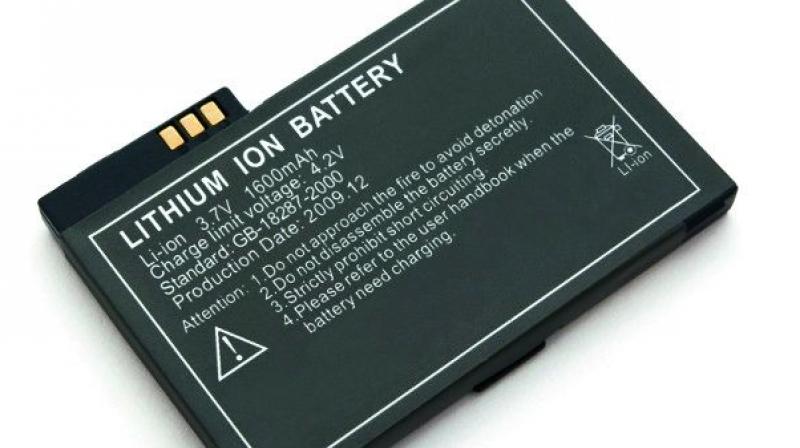Super battery in the works, lithium-ion may be history
The breakthrough comes from a team of engineers led by John Goodenough, the co-inventor of the lithium-ion battery

A new discovery has come out which could pave the way for batteries to last more, and it won’t explode.
The breakthrough comes from a team of engineers led by John Goodenough, the co-inventor of the lithium-ion battery which is used to power everything from smartphones to electric cars.
Led by John Goodenough and a team of engineers, the co-inventor of lithium-ion battery has made this breakthrough. The research was published in Energy and Environmental Science in December and publicized by the University of Texas last week. The research states that in the future a “solid-state” battery design could potentially hold up to three times more energy and charge faster than today’s batteries.
The solid-state battery is still in the early stages of development and swaps out one of the essential parts of today’s lithium design—liquid electrolytes—for glass components. The glass electrolytes can store more energy and are much more stable since they prevent the formation of dendrites—metallic projections which grow through liquid electrolyte layers and cause short circuits and explosions.
The researchers have stated that the glass electrolytes will allow them to exchange lithium for sodium, which would be cheaper and more eco-friendly option since it can be extracted from seawater. This means the batteries would not just be economical as well, but the will be more powerful than the current batteries we have today.
The solid-state batteries can also work in extreme conditions, down to -4 degrees Fahrenheit. This could be a massive breakthrough for car batteries, which obviously have to work through extreme weather.
This breakthrough sounds exciting—but it could still be a long way from coming to modern age smartphones. This was just preliminary research, similar to other solid state designs we have seen in the past, so there’s no timetable for when the batteries might actually be applied for practical use, if ever.
